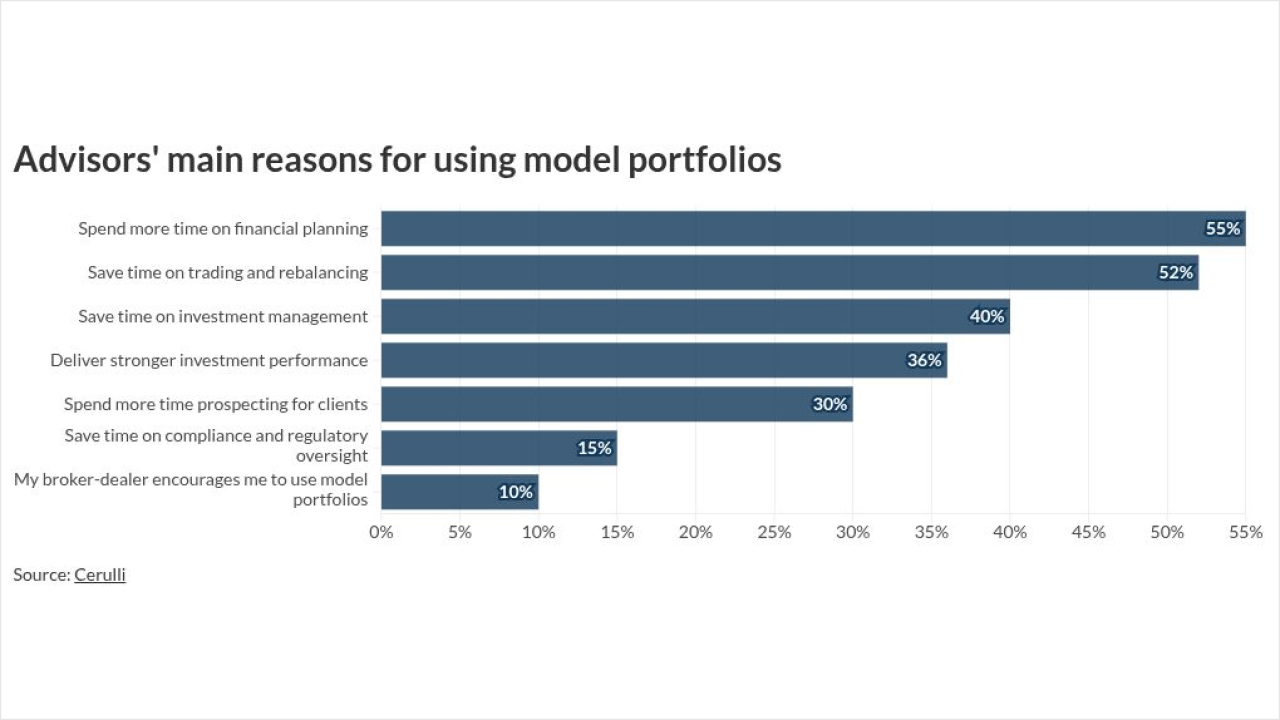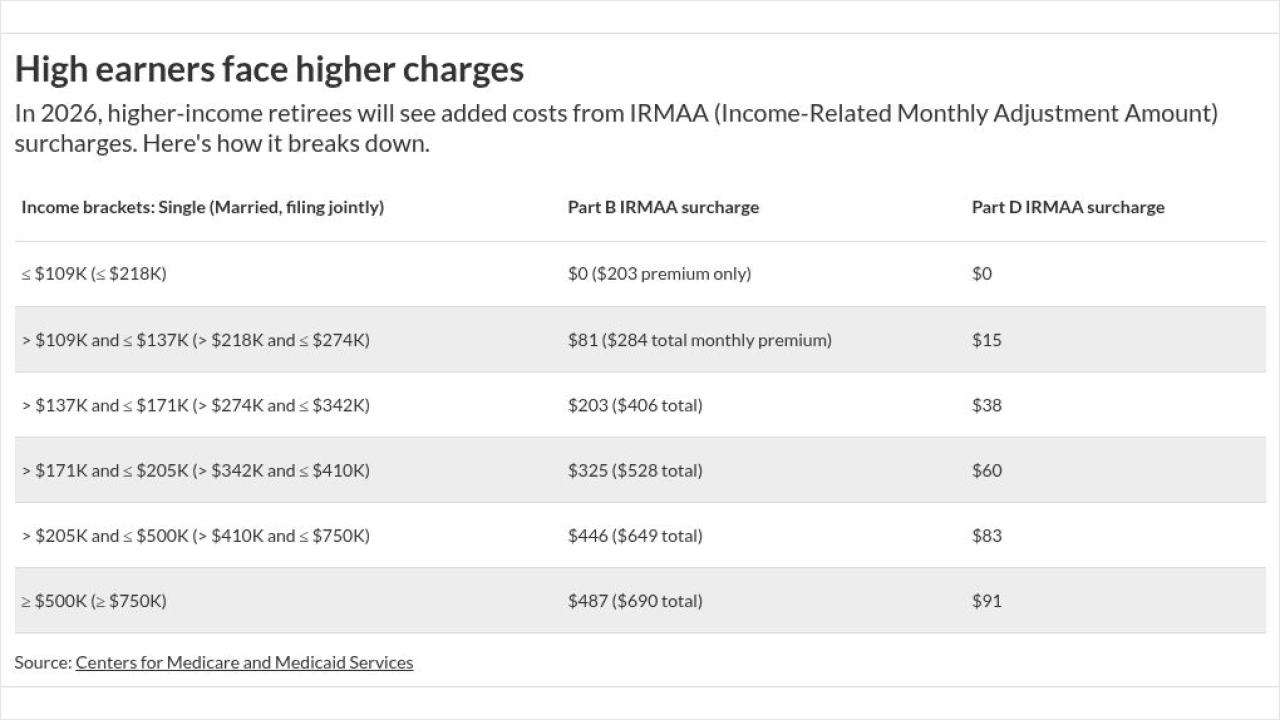Wealth manager Peter J. Eichler Jr., of Pacific Palisades, Calif., once had more than $10 billion in assets under management. Following his RIAs
Eichler and funds run by his Santa Monica, Calif., firm reaped more than $4 million in fraudulent profits (including $2 million for Eichler himself) by using a cherry-picking options scheme, the SEC complaint alleges. The scheme allegedly allocated thousands of options trades more than an hour after their execution, sending winning ones to Eichlers personal account and to favored funds, and allocating losing trades to disfavored funds, the SEC claims.
His alleged victims include a client list of high-net-worth individuals, foundations, endowments, pension funds and institutional investors. The complaint was filed in Federal District Court in Los Angeles; the agency seeks a permanent injunction against Eichler and Aletheia, to prevent future violations, as well as disgorgement of any ill-gotten gains.
A woman who answered the phone at Eichlers office said he would have no comment. Calls to his bankruptcy attorney, David L. Davidoff, and to the SEC were not immediately returned.
Eichler is founder, chairman, CEO and CIO of Aletheia named after a Greek word that translates as
A suit filed in 2010 by Aletheia cofounder Roger B. Peikin, accused Eichler of using his firm as his personal piggy bank, calling Eichler a not-so-benevolent dictator whose story is a tale of unchecked greed and hubris.
And on October 1, 2012, the state of California suspended the firms corporate status because of nonpayment of more than $2 million in late taxes, according to the SEC complaint. However, Aletheia neglected to inform clients of its precarious financial situation until November 9, the eve of its bankruptcy filing, the SEC says, creating a material breach of fiduciary duty and federal securities law. Federal law requires advisors to fully and promptly disclose any financial situation that could impair its ability to meet contractual commitments to clients.
Aletheias website
The SEC filing goes into meticulous detail about the alleged cherry-picking scheme. In one instance, for example, the complaint says that on February I, 2010, from 10:20 a.m. to 10:21 a.m., Eichler bought 150 Amazon options at a price of $11.45 per share (each option represents the right to buy or sell 100 shares). By 11:47 a.m., the option price had risen to $15.20 per share. At that time, the allocation account sold 150 Amazon options at $15.20 per share. Then, at 11:49 -- only after the Amazon position was profitably closed out and with this perfect information in hand -- Eichler allocated every one of the Amazon options trades to his personal trading account. Because of this late allocation, Eichler personally profited [by] approximately $56,212.43.





